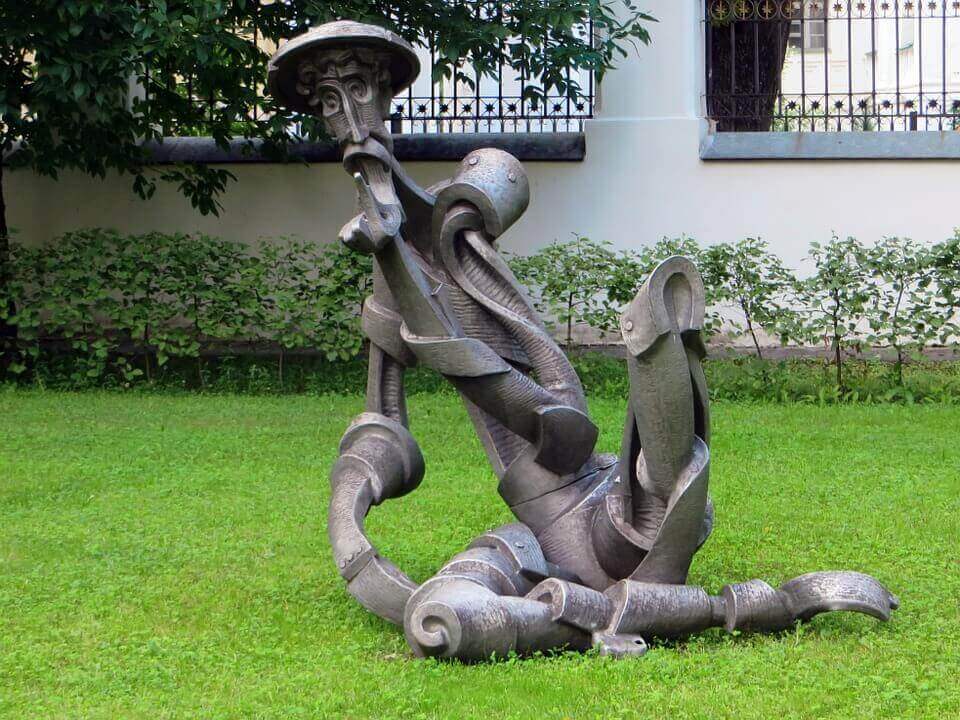Don Quixote, a character created by Miguel de Cervantes, was a tragic fighter, his struggle focused on the harsh and hostile reality, which he intended to transform into an ideal that he knew unattainable, the metaphors evoked by this character are diverse, which has made his adventures named to an effect, the Don Quixote effect.
The Don Quixote effect has been identified in different areas, this analogy of the man fighting the mills believing that they are giant is found in wars between countries, but also in our daily lives, when it is thought that things are one-way, but in reality they are another, you fall into that effect and you find yourself in front of the mill.
- I am Don Quixote.
- And my profession is that of wandering knight.
- My laws are to repair mistakes.
- Give good and avoid evil.
- I have escaped from easy life.
- Ambition and hypocrisy.
- And I seek for my own glory the narrowest and most difficult.
- Is it stupid and naive ??? Miguel de Cervantes Saavedra?.
One of the meanings given to the Don Quixote effect refers to relations between countries. More precisely, in wars between different countries. In history we can find several examples, such as america’s war against Vietnam. In these wars, countries engage in battles they cannot win. Although dominance of the territory is impossible, these countries are involved in war.
Unfortunately, the number of deaths caused by these wars is not justified despite the benefits they can bring, although these wars begin with the excuse of saving another country, bringing democracy or overthrowing a dictatorship, these ideas are only impossible ideals, such as those it defends. Don Quixote: There is nothing left to remember about the U. S. -led invasion of Iraq to establish democracy in the Middle East.
According to sociology, the Don Quixote effect applied to wars corresponds to “hysteresis”. Hysteresis occurs when the cause and effect separate over time. In other words, we have the cause that the change should cause, but the change takes longer than expected. Applied to sociology, history teaches us how the facts unfolded, gives us experience, however much is expected, the past will not always be repeated; for example, when we move, we anticipate that after a short period of time, we will adapt to the customs of our new location, but it is not always so.
Being influenced by literature and history, to the detriment of other sciences, can lead us to establish misconceptions about what is going to happen. The cognitive biases and mental (heuristic) shortcuts our brain uses can make us trust our hopes rather than our rationality. This Don Quixote effect is found when we imagine ourselves lost in a fog where we try to find old ghosts, giants in the desired way, that when they do not stop forming end up diluting. .
“The scholar seeks the common in the different, separates the essential from the superfluous: and that is what Sancho Panca does continuously, seeks sensible answers to the absurdity of Don Quixote. ?Jorge Wagensberg?
For Pierre Bourdieu, the Don Quixote effect is rooted in his theory of habitus, habit is the pattern by which we act, think and feel in a certain way, the habit is determined by our social class, which in turn consists in the interaction between cultural knowledge, education and economic capital, among other factors.
Habit patterns lead people living in similar environments to having very similar lifestyles, for example, people in the same neighborhood tend to have similar tastes in terms of books, movies, sports, art, etc. However, habitus can be changed when people act differently from their usual behavior.
Despite imposing limits on us, telling us what is possible and impossible, as stated above, habitus can lead us to overcome, since what the habitus tells us is not always possible, the strong changes we find in the middle can force the change of habitus. , in the face of these changes, the change of habitus is favorable, it is said that a good adjustment has been made.
When this does not happen, a “hysteresis of habitus” occurs, also known as the Don Quixote effect, when this happens, thoughts, feelings and actions are inadequate given the conditions in which they arise. doesn’t change even if there are changes in your environment. Fortunately, we have faithful friends, such as Sancho Panca, who, although very different from us, will accompany us on our adventures, giving us a perspective that, although different, is perhaps more adapted to reality.

